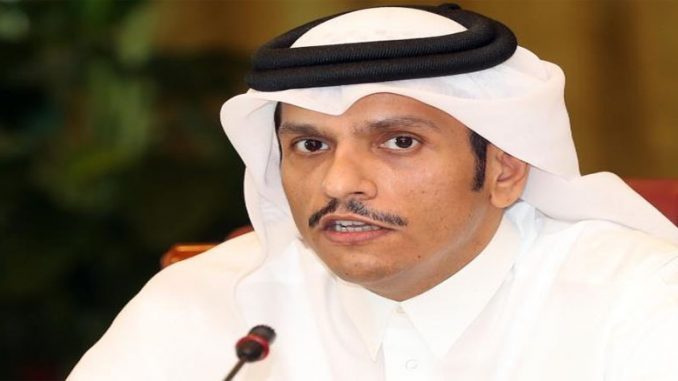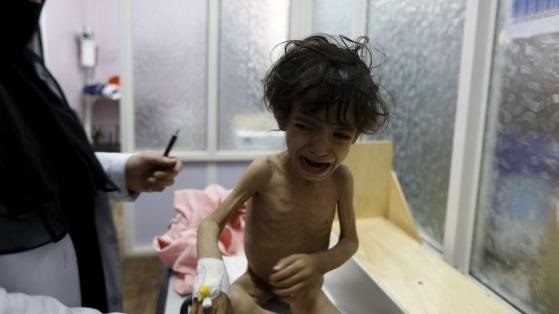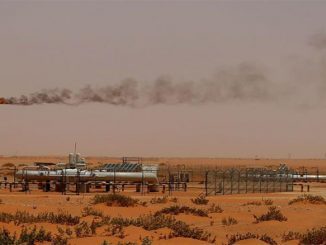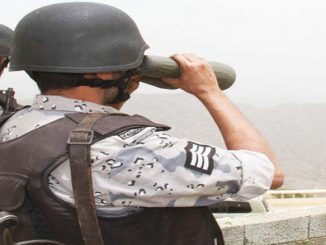
Doha will not take part in any negotiations on ending the Gulf diplomatic crisis until the neighbouring states lift their blockade, Qatar’s foreign minister said on Monday.
Qatar’s foreign minister called on neighbouring states to lift their “blockade” of his country on Monday, before Doha takes part in any negotiations on ending the Gulf diplomatic crisis.
Sheikh Mohammed bin Abdul Rahman al-Thani described the measures aimed at isolating Qatar “an act of aggression”, adding that lifting them was a “pre-condition” for talks with Saudi Arabia, the United Arab Emirates, Bahrain and others involved.
“We have to make it very clear for everyone, negotiations must be done in a civilised way and should have a solid basis and not under pressure or under blockade,” the foreign minister told reporters in Doha.
“Qatar under blockade – there is no negotiation. They have to lift the blockade.”
On 5 June, Saudi Arabia and allied states cut all ties with Qatar, pulling their ambassadors from the emirate and ordering its citizens to repatriate by 19 June.
The measures also included closing Qatar’s only land border, banning its planes from using their airspace and barring Qatari nationals from transiting through their airports.
Saudi Arabia, the UAE, Egypt, Bahrain and other states accuse Qatar of allegedly supporting and funding “terrorism” and working with regional-rival Iran.
Doha vehemently denies the charges.
Facts and figures showing the extensive humanitarian & human rights impact of the illegal #blockade_on_Qatar
Sheikh Mohammed’s demand came as a UAE minister warned that Qatar’s diplomatic isolation could “last years”.
“We do not want to escalate, we want to isolate,” state minister for foreign affairs Anwar Gargash told journalists during a visit to Paris.
“This isolation can take years.”
The minister said that while Qatar’s rivals were “betting on time”, a solution could not be brokered until it abandoned its support for “extremist Islamists”.
Sheikh Mohammed said that Qatar had not received any demands from the Gulf states or from countries seeking a diplomatic solution, including Kuwait, the United States, France and Britain.
“Why they didn’t submit their demands yet? For us, there is no clear answer for this,” he said.
“But what we have seen until now, there is no solid ground for these demands, that’s why they didn’t submit their demands yet.”
The foreign minister added that the economic impact on Qatar had so far proved minimal, but added: “We are not claiming we are living in a perfect condition.”
The Gulf political crisis has also affected countries outside the region.
“France, UK or the United States – they are strong allies of Qatar and we have a great deal of cooperation together in terms of military, defence, security, economically,” said Sheikh Mohammed.
“So a blockade on Qatar and measures being taken against Qatar in this way is affecting the interests of those countries as well, directly.”



